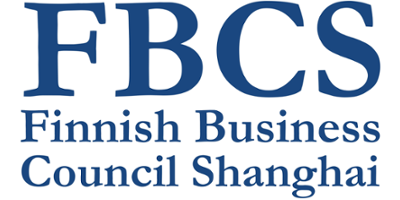Over the last decade, international demand for better products and services has increased and the competition for global players has become more intense than ever. To stay at the forefront, these players need to keep their global sourcing strategy updated and effective, they constantly need to seek creative ways to reduce costs, assure and improve the quality of the final product, as well as reduce the time to market.
With this in mind sourcing has become increasingly important and global and the right location of sourcing crucial for success. China has become the global sourcing super-power but competition is fierce and the trade war primarily between China and the USA may bring a new flavor to global sourcing strategies.
In July 2018, US President Donald Trump followed through on months of threats to impose sweeping tariffs on China for its alleged unfair trade practices. As of now, the US has applied tariffs on 300 billion USD worth of Chinese products and there are plans of increasing this amount to nearly every imported product of 550 billion USD from China by the end of this year. In response, China announced 185 billion USD in tariffs on US goods regarding the US' violation of "the consensus reached by the two heads of state in Argentina and the consensus reached in Osaka" on August 23rd, 2019.
With this trade war between the US and China heating up, companies consider the measures of increasing import tariffs in specific cases and approach the situation in different ways, either switching to new sourcing markets such as India, Vietnam, and Indonesia; or developing and consolidating the current supplier base in China. Although China has been and will remain the most important country for sourcing in the near future, more companies are also heading to other low-cost countries. These countries are currently less affected by the trade w ar and have fewer environmental regulations which increase factory costs. Government subsidies and closeness to market among other elements, can make these markets more attractive as well.
Among others we will address the following topics:
- What is the current sourcing situation in China and other parts of Asia?
- What are the factors of most concern under the impact of the trade war?
- Which sourcing categories in China have mostly been affected by the trade war?
- What is the perceived arising risk with sourcing in China today (2019) compared to 2018?
- Which are the most important sourcing countries in the future?
Last day for registration: Friday, November 29, 2019. Registration is binding and no-shows will be charged RMB 200 unless cancelled before the end-of-day of the final registration date.

















